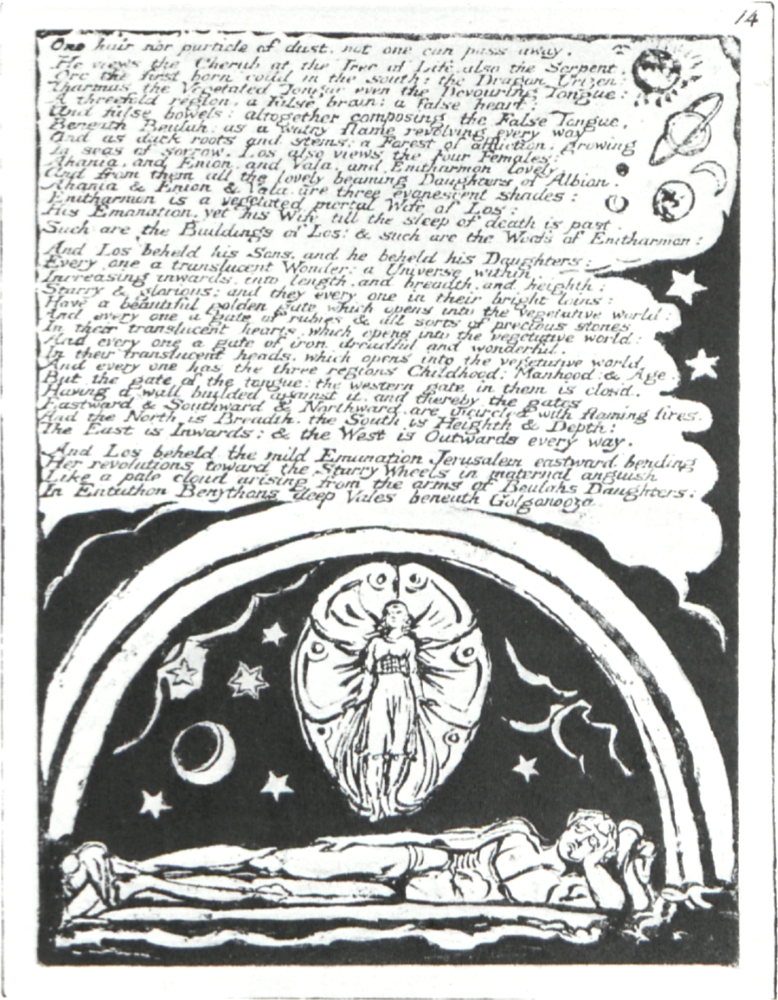

With eyes of soft humility, & wonder love & awe. Stands still upon the Mountain looking on this little Bird On throat & breast & wings vibrates with the effluence DivineĪll Nature listens silent to him & the awful Sun His little throat labours with inspiration every feather Reecchoing against the lovely blue & shining heavenly Shell: Mounting upon the wings of light into the Great Expanse: He leads the Choir of Day! trill, trill, trill, trill, The Lark sitting upon his earthy bed: just as the mornĪppears listens silent then springing from the waving Corn-field! loud Thou hearest the Nightingale begin the Song of Spring The lyrical passages are easiest because most similar to Wordsworth, Shelley, and Clare-though none of these, though they all write of birds, and larks specifically, taking flight, have a passage that compares to this, from Milton: In part, that is because the diffusion of these epics is a matter of style as well as narrative and action, so that there are passages that perform fairly utilitarian work, set aside metaphorically dense speculation, set aside actions of terrible intensity, set aside prophetic beseeching, and so on, and they each require, not different intensities of attention, but attentiveness to Blake’s various ways of bringing English to life. In their “minute particulars,” though, Blake’s difficulty in the diffuse epics has not been given the attention that the lyrics have received and does not even seem to invite such attention. They are also difficult because of the mythology, of course, but the difficulties of the myths are easily exaggerated, the desire to explicate exactly who stands for what across poems missing the life of the creations, Los a creature of passion and idealism it is probably enough to know which Zoa stands for which aspect of humanity, letting the rest fall into place from there. In their large designs, the “diffuse epics” pose special difficulties, arising in part from Blake’s seeking to write in the style of the Old Testament prophets, in part in the style of the poetic books of the Bible, from the perspective of a radical Christian, fully aware that his imagination needed to be nourished by the springs of English poetry and British history available to him at the start of the eighteenth century. Blake’s Milton might have been called, at least as a second title, “The Lark and Wild Thyme,” since these are the objects of its most intensely lyrical passages, the passages most likely to convince a reader not only that these poems that Nicholas Shrimpton calls “diffuse epics,” of which Milton is one instance and the more demanding and greater Jerusalem another contain poetry as good as any Blake wrote, with a sensitivity for the resources of language as fine as Wordsworth’s.


 0 kommentar(er)
0 kommentar(er)
